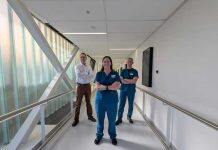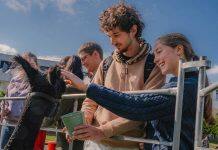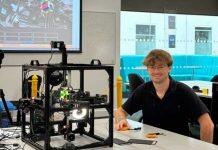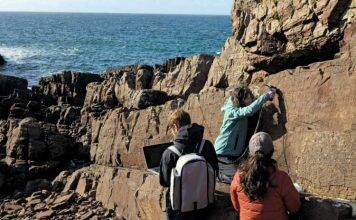Researchers from the University of Adelaide have been awarded more than $7.5 million in the latest Australian Research Council Future Fellowships.
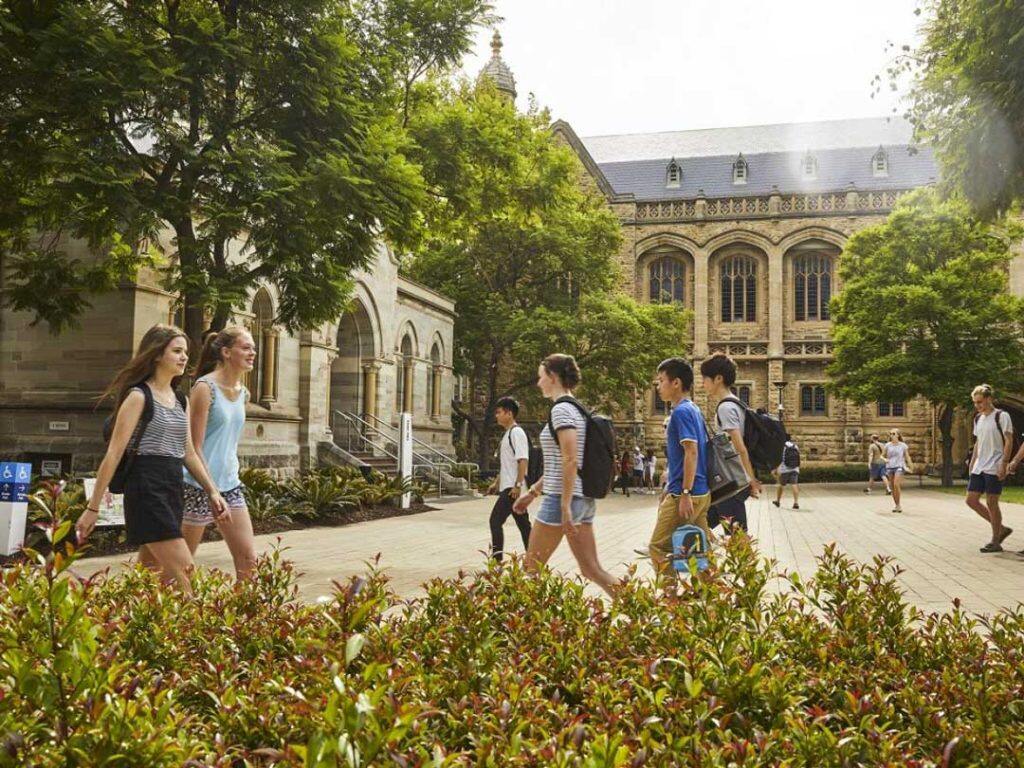

The sum is spread across eight projects, which span research into the advancement of lithium metal batteries, healthy cognitive ageing, sustainable hydrogen production, mitigation strategies for herbicide resistance, as well as a 2000-year environmental study.
“This significant investment from the Australian Research Council signifies the breadth of world-leading research being conducted at the University of Adelaide,” says Deputy Vice-Chancellor (Research) Professor Anton Middelberg.
“It also demonstrates the University’s ability to facilitate impactful careers for researchers wanting to help find a solution to the world’s most challenging problems.”
The list of University of Adelaide Future Fellowship recipients is:
Dr David Baraglia of the School of Computer and Mathematical Sciences was awarded $933,906 for a project that will introduce and apply new methods and invariants in the field of low-dimensional topology.
Dr Xiaoguang Duan of the School of Chemical Engineering was awarded $989,541 towards the development of a novel family of chemically and structurally controlled redox polymer as metal-free catalysts for wastewater micropollutant treatment.
Dr Mitchell Goldsworthy of the School of Biomedicine was awarded $984,854 to investigate the effects of neural noise on brain connectivity, cognitive performance and reserve, advancing breakthrough work on the neural physiology of healthy cognitive ageing and malleability of neural noise.
Dr Jianfeng Mao of the School of Chemical Engineering was awarded $978,176 for a project which aims to drive key advancements in electrolyte engineering for lithium metal batteries with long life and high safety.
Dr Jingrun Ran of the School of Chemical Engineering was awarded $848,325 towards new fundamental science for sustainable production of hydrogen and value-added chemicals through a solar-driven photocatalytic approach using abundant plastic wastes and high-performance photocatalysts.
Dr Tatiana Soares da Costa of the Waite Research Institute was awarded $830,380 to investigate novel strategies to mitigate the rise in herbicide resistance threatening Australian agricultural production and exports.
Associate Professor Dominic Thewlis of the Adelaide Medical School was awarded $1,091,232 for the investigation of human joint systems through state-of-the-art imaging and high-fidelity biomechanical models.
Dr Jonathan Tyler of the School of Physics, Chemistry and Earth Sciences was awarded $971,296 for a project which aims to better resolve the causes and risks of decadal climate extremes through a suite of high-quality records of temperature, rainfall/evaporation and humidity in southern Australia over 2000 years.





